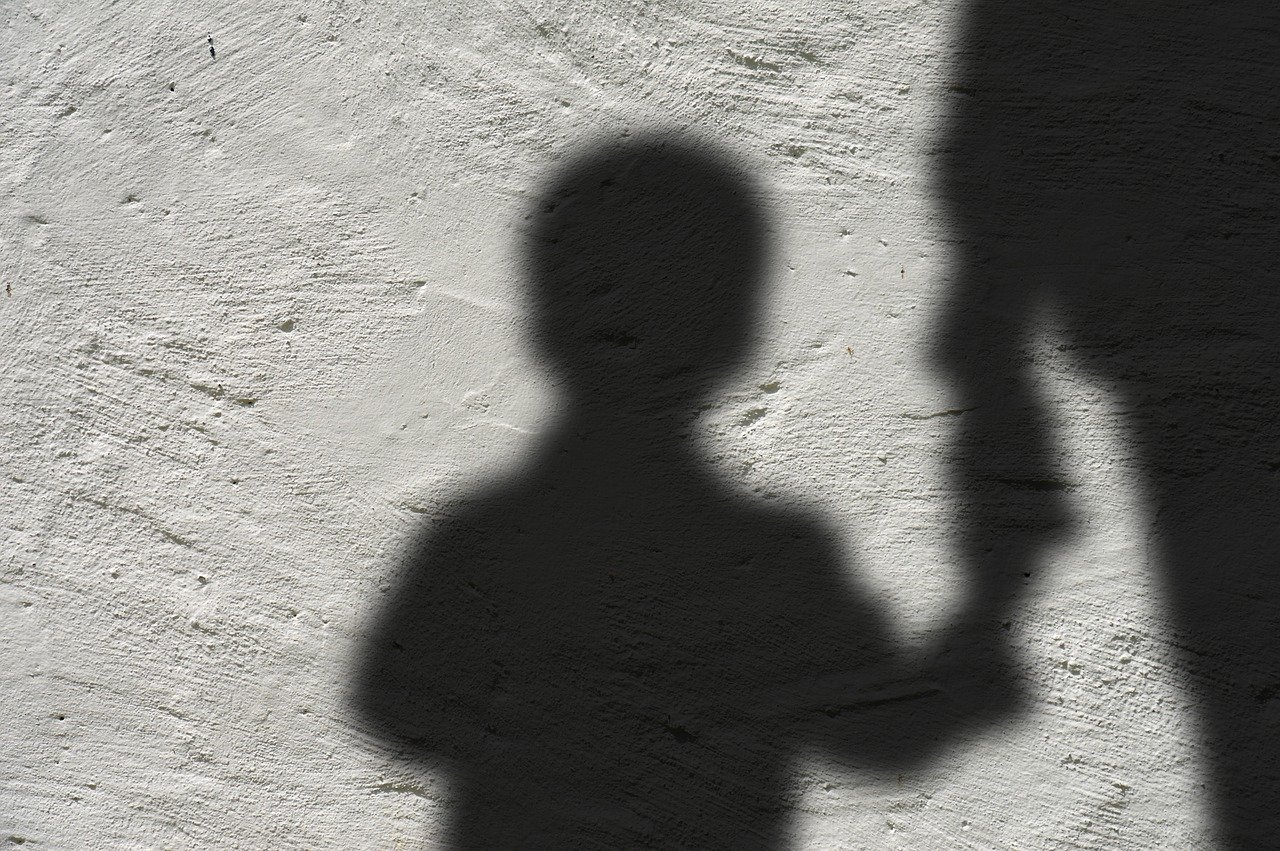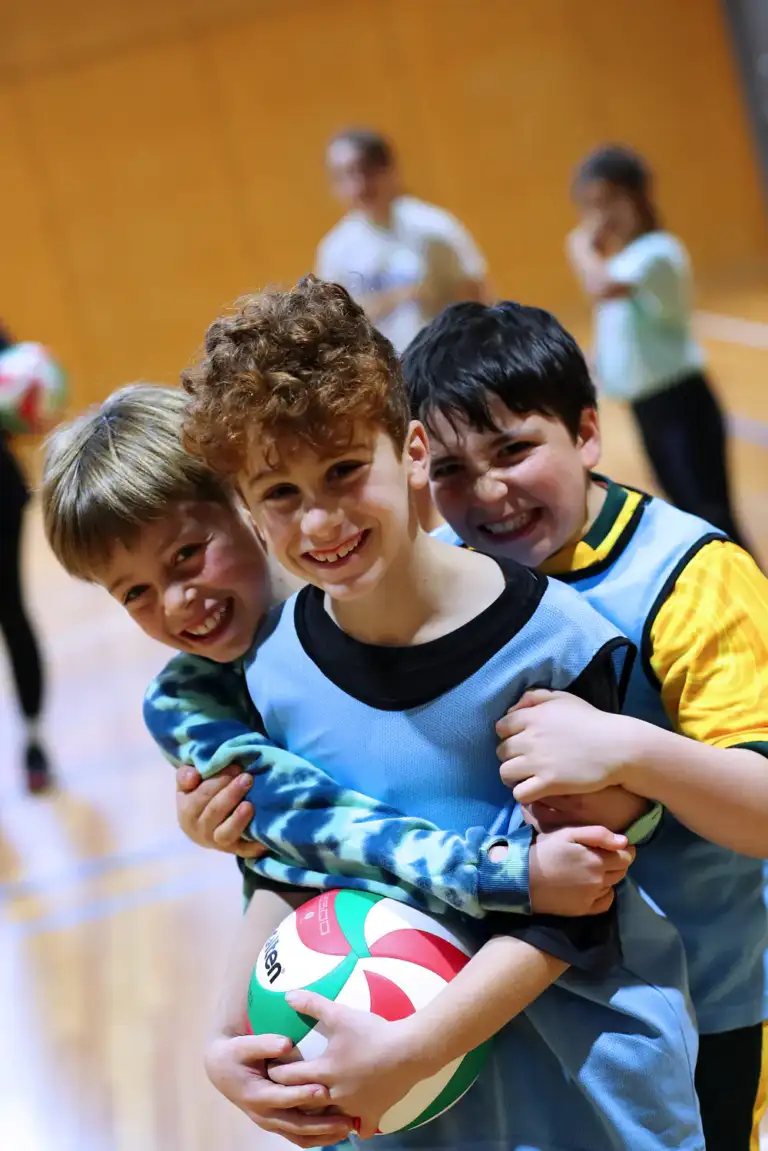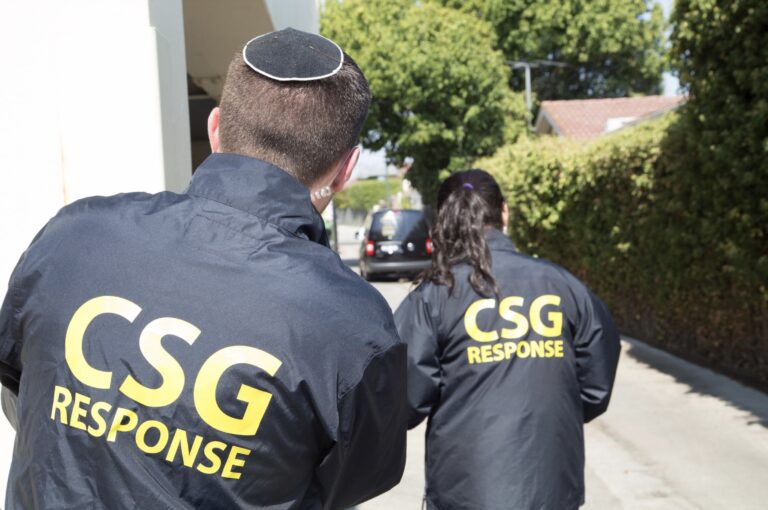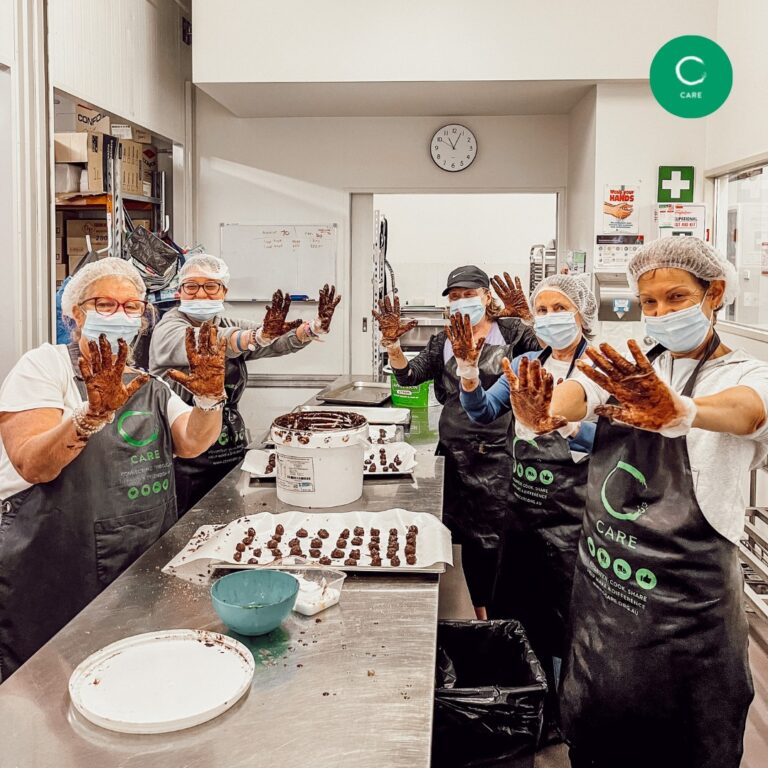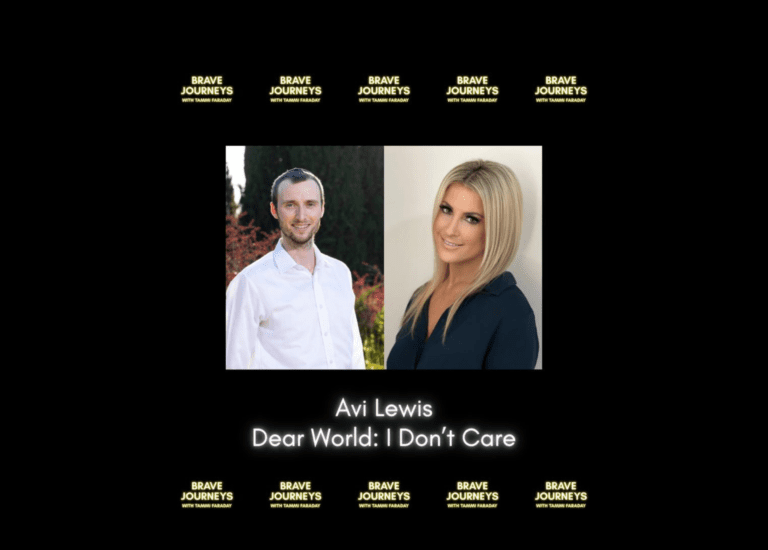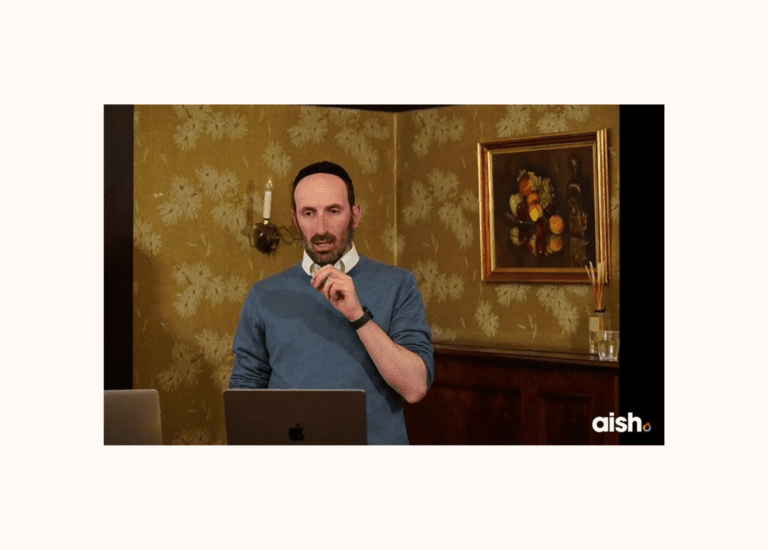We like our Jewish community. We’ve been brought up with generational values instilled in our identity and we look out for each other, educate our kids, promote Israel – attend to the ‘big’ things that matter. We’re caring, thoughtful, charitable and generally give ourselves a warm buzz and a bit of a pat on the back when we self-reflect. So it’s all mostly pretty good… or is it?
The dilemma is that it’s much more pleasurable to reflect on what we consider we do well, and not pay much attention to the other side of the coin. So by and large, most of us might see plenty of polished silver on one side but not the abundance of tarnish on the other. What we don’t see, we generally don’t acknowledge. Sometimes, that leaves us oblivious to harsh realities swirling around murkily at our feet.
As with so many communities, our own Australian, Jewish community has an ugly history of Institutional Child Sexual Abuse (ICSA). Children groomed, manipulated and abused into actions beyond their control or comprehension within the ‘care’ of schools, synagogues, clubs, camps… the list goes on. In reviewing the Jewish community, the Royal Commission into Institutional Responses to Child Sexual Abuse (RC) (2013-2017) held public Case Studies of elements of the ultra-orthodox section of the Jewish community only; a tiny percentage of our population. Many are familiar with the RC focus on the Yeshiva centres in Melbourne and Sydney. Likewise, the case of Malka Leifer, currently on trial for allegations of sexual abuse of a number of female students while principal at the ultra-orthodox Adass Israel School, has received widespread, international attention by the media.
The reality is that incidents of ICSA have occurred not just within the ultra-orthodox, but across the Jewish community, and tragically, continue to take place.
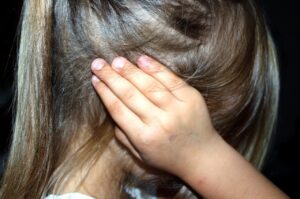 As a community and a culture, there are a range of reasons that place our children at higher risk and indeed, discourage disclosure when abuse occurs. Not necessarily unique to us, but certainly part of how many aspects of our community operate, think and function. Reported by the RC, some of these are more pertinent to the ultra-orthodox, but many cultural patterns ripple down across our communities and institutions. Connected to cultural and religious beliefs, these may include a reluctance to report ICSA to secular authorities; the experience of shame and stigma impacting on victims and their families when allegations are made; a preference by many to deal with matters ‘in-house’, whether institutionally or communally. A preference to engage religious leadership and religious entities to deal with incidents of ICSA – as unqualified as they may be – and an inclination to prioritise and protect institutional and communal reputation above all. Numerous Jewish children were noted as at escalated risk of ICSA due to an absence of adequate sex education and living with associated patriarchal gender roles. A lack of operational child protection policies and processes for responding to complaints have also been noted, as has adequate governance, leadership and culture to ensure and promote child safety.
As a community and a culture, there are a range of reasons that place our children at higher risk and indeed, discourage disclosure when abuse occurs. Not necessarily unique to us, but certainly part of how many aspects of our community operate, think and function. Reported by the RC, some of these are more pertinent to the ultra-orthodox, but many cultural patterns ripple down across our communities and institutions. Connected to cultural and religious beliefs, these may include a reluctance to report ICSA to secular authorities; the experience of shame and stigma impacting on victims and their families when allegations are made; a preference by many to deal with matters ‘in-house’, whether institutionally or communally. A preference to engage religious leadership and religious entities to deal with incidents of ICSA – as unqualified as they may be – and an inclination to prioritise and protect institutional and communal reputation above all. Numerous Jewish children were noted as at escalated risk of ICSA due to an absence of adequate sex education and living with associated patriarchal gender roles. A lack of operational child protection policies and processes for responding to complaints have also been noted, as has adequate governance, leadership and culture to ensure and promote child safety.
So what can we do to keep our children safe? On the back of the RC, a lot of our Jewish institutions and organisations have been assessing, reviewing and addressing their operational programming to promote child safety over the last few years. A number of them have done well. Others haven’t necessarily been as successful – while some have been noted as walking something of a balancing act – periods of noticeable attention, followed by events that perhaps indicated, belief that the job was done… followed by the consequent ‘dropping the ball’. It’s evident that the job is never ‘done’, needs ongoing attention, and that the community has a very long way to go.
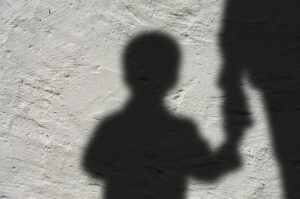 One can’t walk away from any discussion around ICSA, without pausing to reflect on the impact of ICSA on survivors. Their treatment as individuals, the treatment of their families and their position within their communities. The Jewish community has a distance to travel before those making allegations, or survivors receive the support they require and deserve. Before they know they will have no cause to be shamed or fear ostracism and know that disclosure will not be a road to be feared. Nothing should highlight this more for us, than that so few Jewish survivors have chosen to identify themselves.
One can’t walk away from any discussion around ICSA, without pausing to reflect on the impact of ICSA on survivors. Their treatment as individuals, the treatment of their families and their position within their communities. The Jewish community has a distance to travel before those making allegations, or survivors receive the support they require and deserve. Before they know they will have no cause to be shamed or fear ostracism and know that disclosure will not be a road to be feared. Nothing should highlight this more for us, than that so few Jewish survivors have chosen to identify themselves.
So, who’s watching our children? Whose job is it to keep them safe? Really, every one of us. We all need to contribute to the constant shining of a light that will keep our children safe, rather than disregarding the hazards within the shadows. We need to be familiar with the Child Safety Standards, and ensure they are well ensconced within our organisations. We need to be proactive, and we need to speak up and speak out in defence of the individual when ICSA incidents occur. Every one of us needs to consider that ICSA is a constant, front and centre issue for ourselves and our leadership; as primary as any other communal concerns, whether domestic or international. We need to be forthright and we need to ensure our leaders, whether of institutions or communities, know our expectations.
If we chose to cast our eyes aside and focus our interests elsewhere, our children will continue to be at risk.
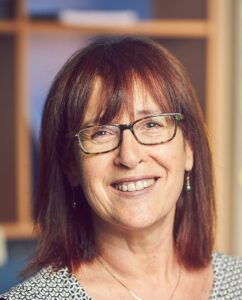 Marcia Pinskier
Marcia Pinskier
Marcia Pinskier is a Doctoral Candidate in the Social Work Department, Monash University and has a Masters Degree in Jewish Communal Service and Leadership. Her research addresses the relationship between good governance by the leadership in the Jewish community in Australia and manifestations of ICSA within this community.
